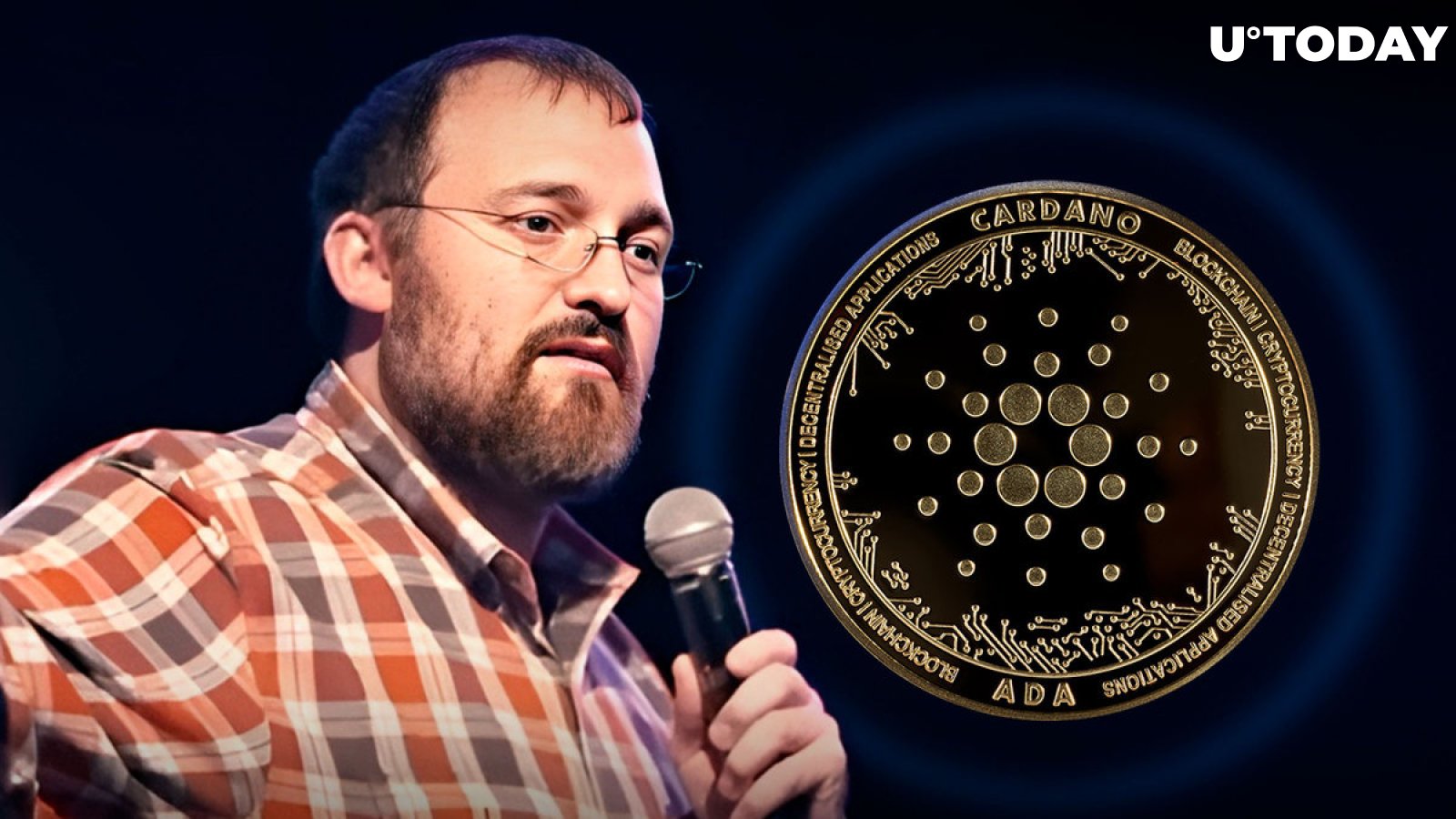Cardano (ADA) has made significant progress in its development towards the upcoming Voltaire era, aiming to establish a fully decentralized decision-making mechanism. The company has achieved several ecosystem advancements, including developing CIP-1694, modifications to delegation certificates and governance ledger states, and the incorporation of Plutus v3 into the Conway ledger era. Additionally, the Haskell code documentation is now hosted conveniently on GitHub pages.
CIP-1694 represents the first iteration of Cardano’s on-chain governance, which will largely depend on widespread consensus from the Cardano community. To encourage community participation, Cardano is inviting global community leaders and groups to organize their own workshops, with financial support from the company. This presents an opportunity for the community to learn more about Cardano and engage in discussions about governance.
Cardano’s progress toward the Voltaire era
Incorporating Plutus v3 into the Conway ledger era represents a significant advancement towards the Voltaire era. Plutus built-in functions and Marconi indexers are being developed to further enhance the capabilities of the Plutus smart contract platform. The Marlowe team has updated its report to make it easier for validators to submit their work. The Mithril team is working on a new certifier service for their aggregator.
Overall, ADA’s progress towards the Voltaire era represents a significant step forward for decentralized decision-making mechanisms. The company’s ecosystem advancements, including CIP-1694, Plutus v3, and modifications to delegation certificates and governance ledger states, will help to further enhance the capabilities of the platforms blockchain.
Community participation and engagement will be essential to the success of on-chain governance, and Cardano’s invitation to community leaders and groups to organize workshops and discussions represents an important opportunity for the community to learn more about governance and contribute to the development of the Cardano ecosystem





